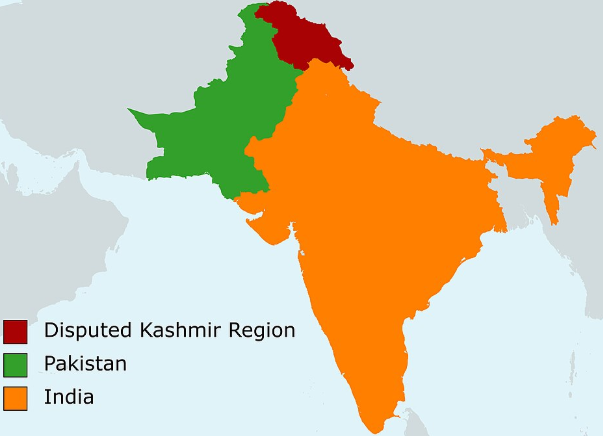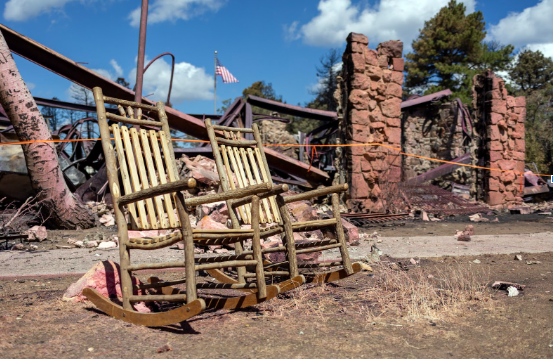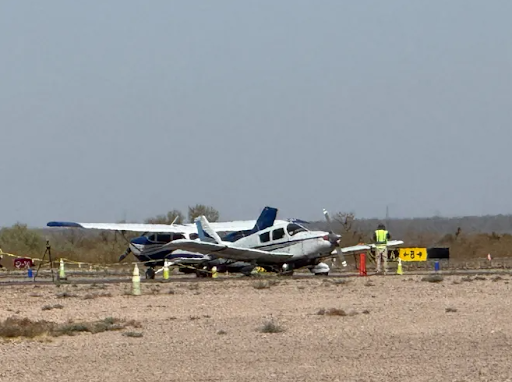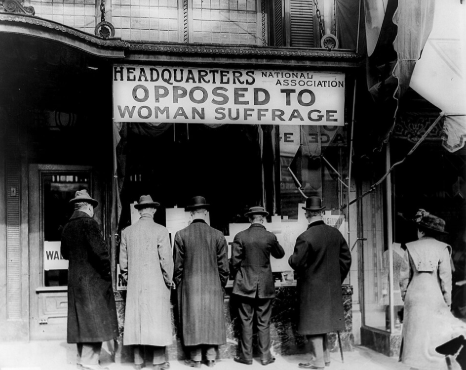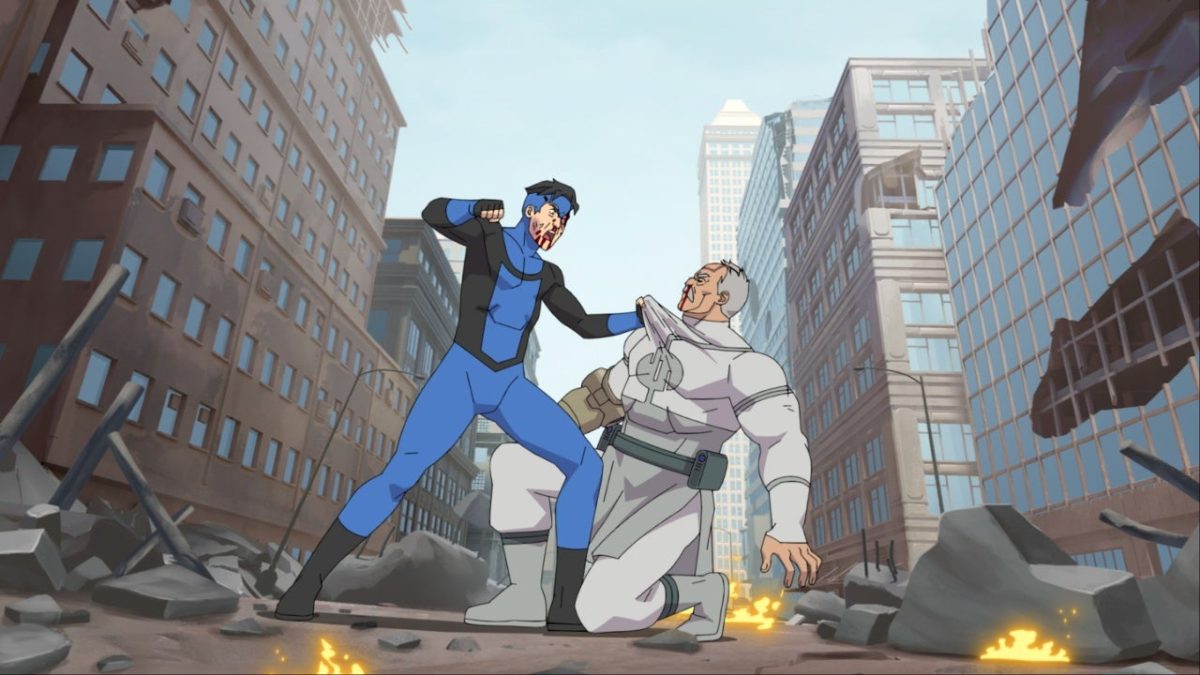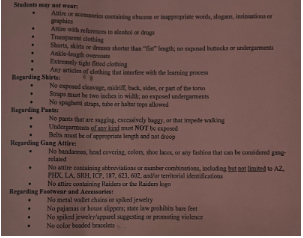Jimmy Carter served as the 39th president of the United States from 1977 to 1981. On the campaign trail, Carter promised to restore morality in the US’s increasingly interventionist foreign policy. He also sought to instill a sense of equality and freedom back within the US’s divided populace.
Within 48 hours as president, Carter pardoned all Vietnam War draft dodgers. While about 56% of the US population supported the pardon, such a bold act was quick to receive criticism from both sides of the aisle. Those who obliged the draft saw evaders as traitors deserving of punishment whereas many anti-war activists saw the pardon as necessary since the war was unjust in the first place. Decisions such as these often put Carter at odds with Congress. Such bitterness between the new President and Congress made it increasingly difficult for Carter to deliver upon his campaign promises.
Despite this, there was one sector Carter was successful in—energy. Taking office after the OPEC oil embargo in 1973, energy costs had yet to recover. To subdue this, he urged the American public to make an effort to conserve energy. Furthermore, he worked with local scientists and contractors to reduce the cost of solar panels (which at the time cost ~$30 per watt.) In addition to this, Carter created the Department of Energy which is responsible for managing the US’s nuclear infrastructure and administering US energy policy. Carter also made the regulation of power plants a focus of his presidency. The Powerplant and Industrial Fuel Act of 1978 prohibits the use of oil or gas as the primary source of energy for any new electric power plants. It also prohibited the future use of oil and gas in any existing power plant starting Jan. 1, 1990. According to the US Energy Information Administration, “Petroleum’s share of total US energy consumption peaked in the 1970’s.” This act sought to reduce the nation’s large reliance on fossil fuels that had at that time, been increasing exponentially, by incentivizing the use of resources more abundant and renewable than oil.
Carter’s presidency saw him frequently meet with foreign leaders and dignitaries. One such example of this is Carter’s meeting with the Shah of Iran on Dec. 31, 1977 (a little over a year before his overthrow on Feb. 11, 1979). In this meeting, Carter referred to Iran as an “island of stability” in the often turbulent Middle East. During his tenure, he also met with the First Secretary (the head of the Polish communist party) of Poland Edward Gierek at the Warsaw airport. They mainly discussed Poland’s resurgence following World War II and the joint partnership Carter wished to facilitate with the Eastern European nation. The ‘70s were a particularly turbulent time for Poland. The early years under Gierek saw the industrial sector grow, decreased censorship, and the construction of new housing blocks to alleviate the shortages caused by World War II. However, Gierek’s government relied on large loans from Western banks. Unfortunately, Gierek’s government failed to pay these debts leading to economic decline and Gierek’s removal from office in Aug., 1980.
Carter also mediated the Camp David Accords in ‘78. Regional disputes had been commonplace in and around Israel since its convoluted establishment. On May 23, 1967, Egypt blockaded the Straits of Tiran threatening that any ship to pass would be assailed. After months of increasing tensions and foreign involvement, Israel invaded Egypt launching several surprise airstrikes leaving the Egyptian Air Force in disarray and incurring “over 500 million dollars worth of aircraft” damage, according to the US Naval Institute. This surprise strike was followed by many attacks on Egyptian-held territories e.g. Gaza, Rafah, and Al-Arish. By the fifth day Jordan, obligated by a defensive pact with Egypt, and Syria, had joined the war. Syria began shelling Israeli positions from fortified areas in the Golan Heights while Jordan launched counter-offensives against Israel in the West Bank. In response to this, Israel advanced into the West Bank, displacing around 500,000 people according to PBS. Within 6 days, Israel had occupied the entirety of the Sinai, the West Bank, East Jerusalem, and the Golan Heights, and displaced countless people. The Camp David Accords were held from September 5th-17th, 1978. Both the Israeli and Egyptian delegations had seemingly impossible terms to be met causing the negotiations to be split with the US having to meet with either side individually. The negotiations never reached a full peace agreement but served as a “basis for Egyptian-Israeli peace,” according to the US Department of State. The occupation of the Sinai persisted up until April of ‘82 when Israel completed the final of several stages of withdrawal outlined in the Egyptian-Israeli signed on March 26, 1979.
President Jimmy Carter’s presidency was characterized by his commitment to his morals, the country he served, and his devotion to the American people. Whether it be his energy policies that still affect us today, his foreign policy that facilitated new relationships with numerous countries around the world, or his dedication to the betterment of the American people, he will always be remembered as a man who understood the plight of the everyday person.
Jimmy Carter’s Funeral and Legacy
Jack Cole, Staff Writer
February 18, 2025

The casket of former U.S. President Jimmy Carter rests at the front of the Washington National Cathedral during his state funeral service Jan. 9, 2025. U.S. Capitol Rotunda Jan. 7-9.
Courtesy of OSV News photo/Haiyun Jiang, The New York Time via Reuters
0
More to Discover






